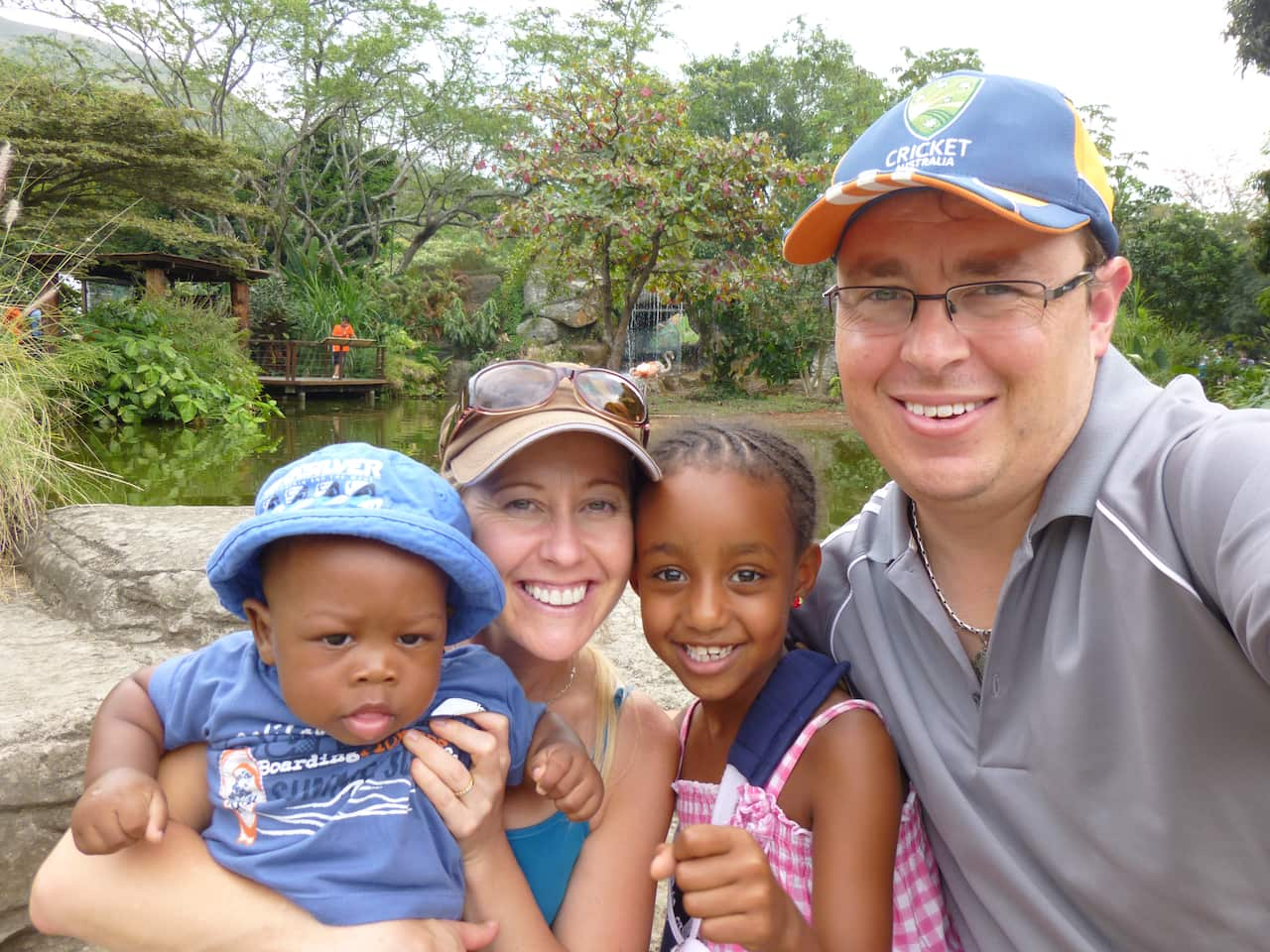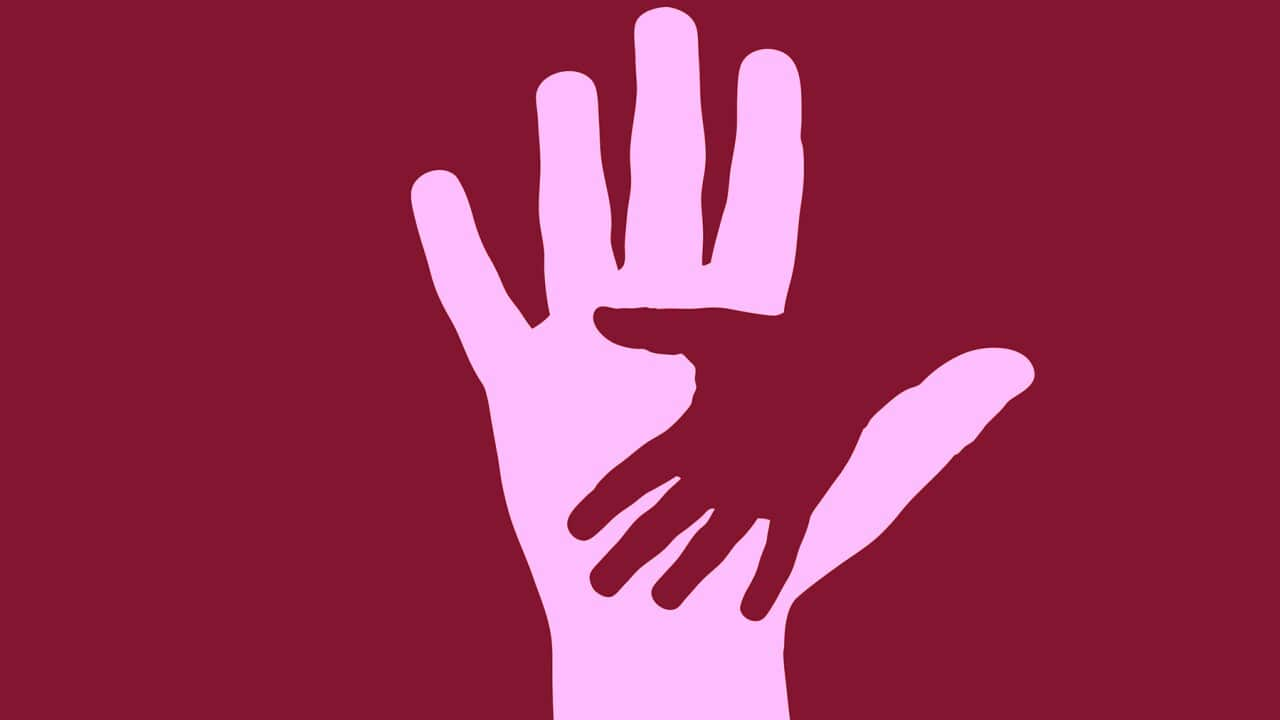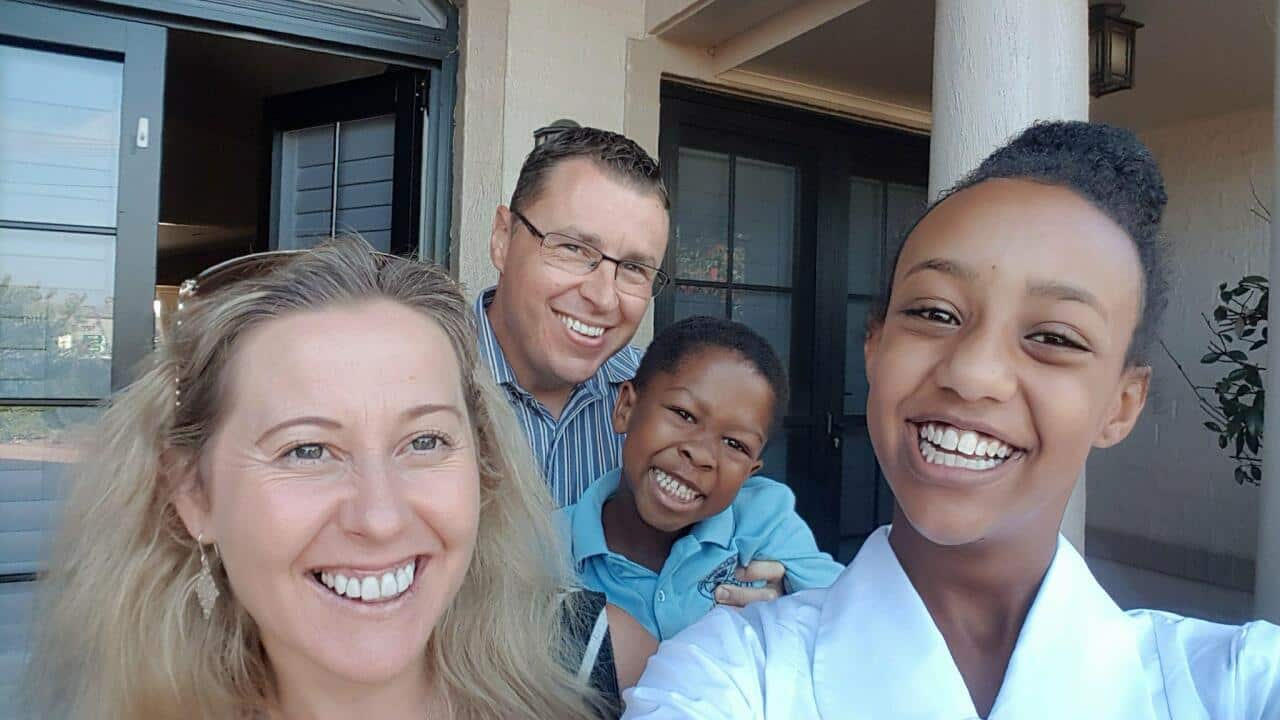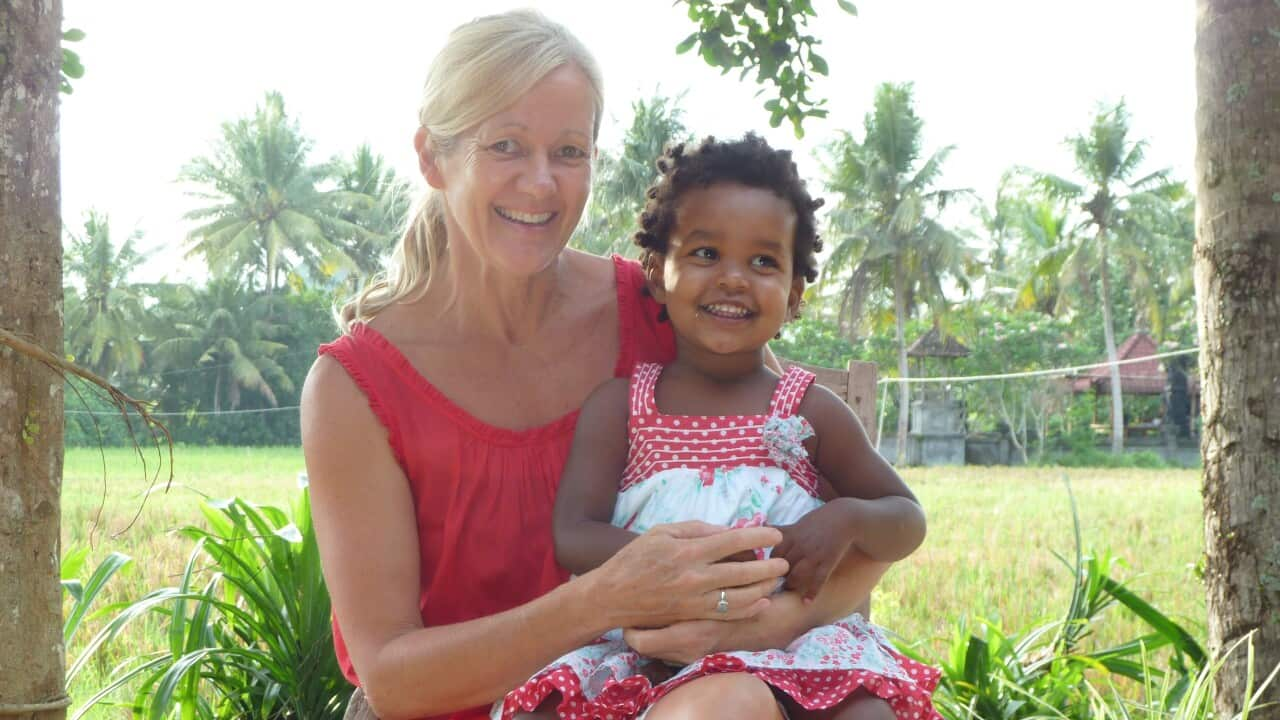The question “Where do you come from?” can be tricky for many Australians to answer, but especially when you are adopted from another country. People may have different motivations for asking the question, but it can come across as insensitive when addressed to children who are already struggling with attachment and identity issues.
It becomes an everyday challenge for adoptive parents who want to give their kids the opportunity to learn about their birth culture, without constantly making them feel like they are different to everyone else.

When Tsehay Hawkins was announced as the Yellow Wiggle in 2021, she was thrown into the media spotlight and interviewed by Vogue, The Guardian, and TV Week among many others. One of the first things journalists wanted to ask her was where she comes from.
Tsehay is very comfortable discussing her Ethiopian heritage and adoption. But not all adopted children feel this way.
Even within Tsehay’s own family, she and her sibling Kendley have very different approaches to sharing their stories with strangers. This means their mother Robyn is very sensitive to the differences between the two kids and how they might want to receive questions from those outside the family.
Rachel Davies was also adopted from Ethiopia when she was two, and struggles to know how to respond to people's questions about her heritage;
I honestly don't know how to answer the question because sometimes I'll say that I'm Australian, and then you know, people will just be confused. So then I started saying Ethiopian, and then I'd get questions like, Oh, do you speak the language? How long have you been here?
For kids adopted from different cultural backgrounds identity is often shaped by perceptions of difference. In this first episode of the podcast Mother Country, hear how having a relationship to their cultural heritage can help adopted children foster a sense of belonging.
Mother Country is a four-part podcast series that looks at intercultural adoption through the lives of Australian families.
Follow Mother Country in the SBS radio app, Apple Podcasts, Spotify, Google podcasts or in your favourite podcast app.
Produced and created by Aimee Chan.
More episodes of Mother Country

Introducing Mother Country; a podcast about culturally diverse adoptive families



